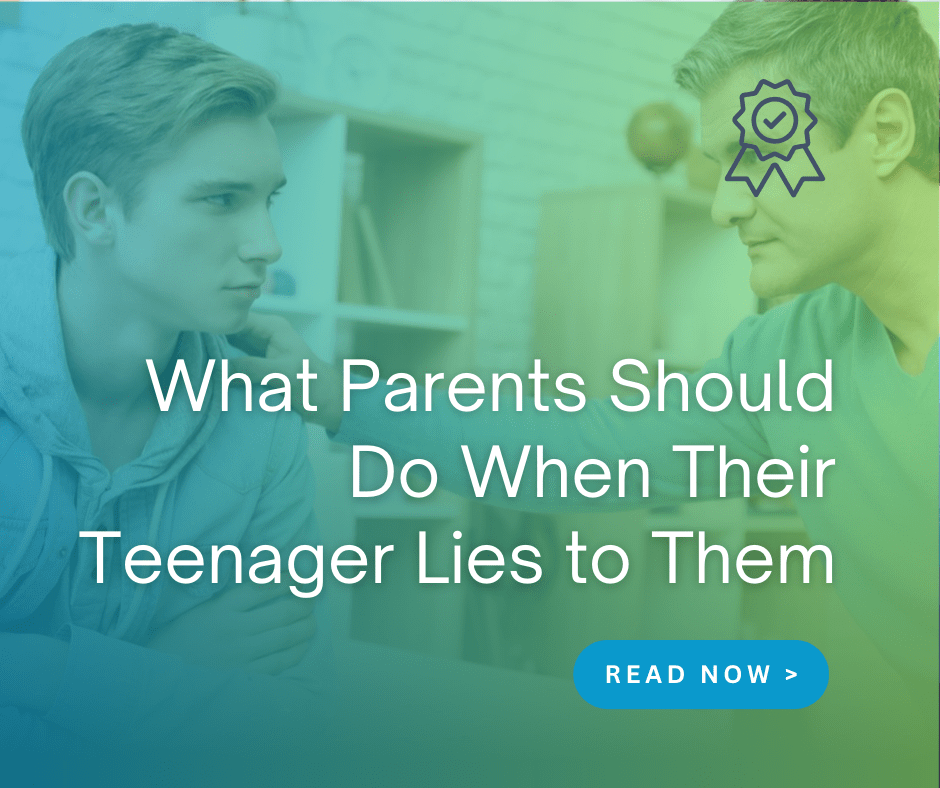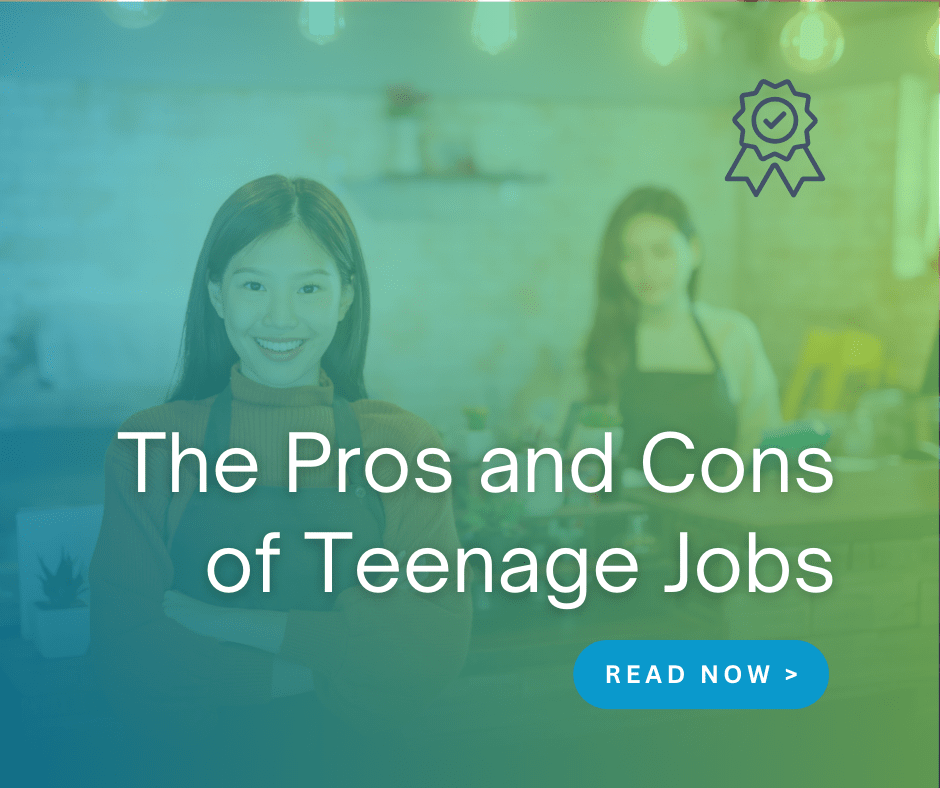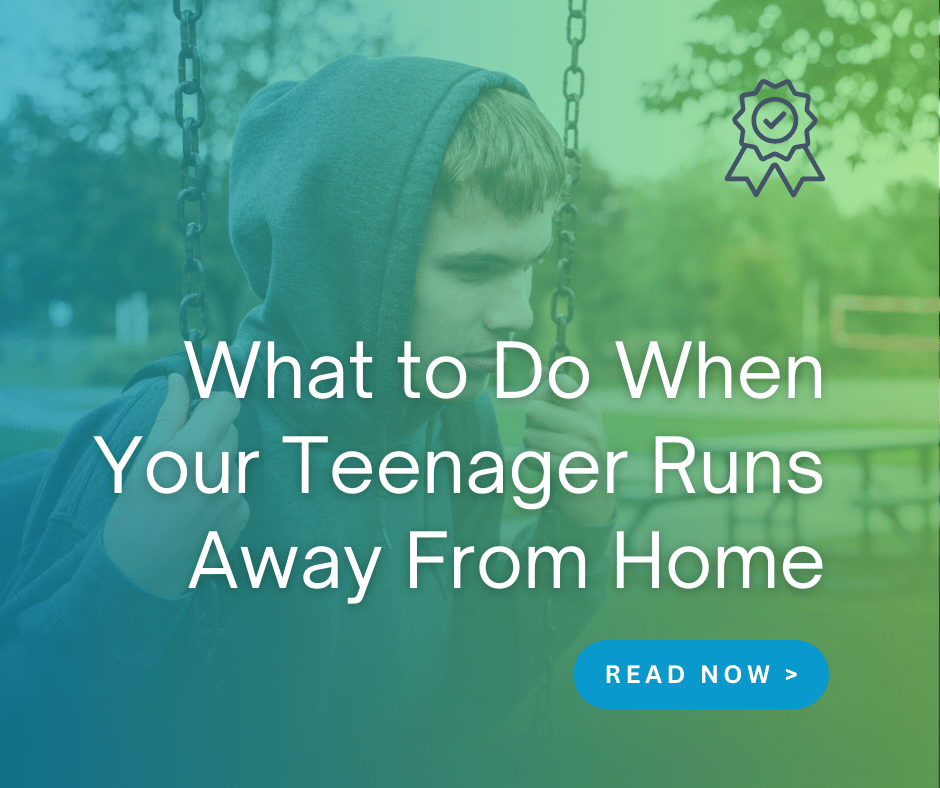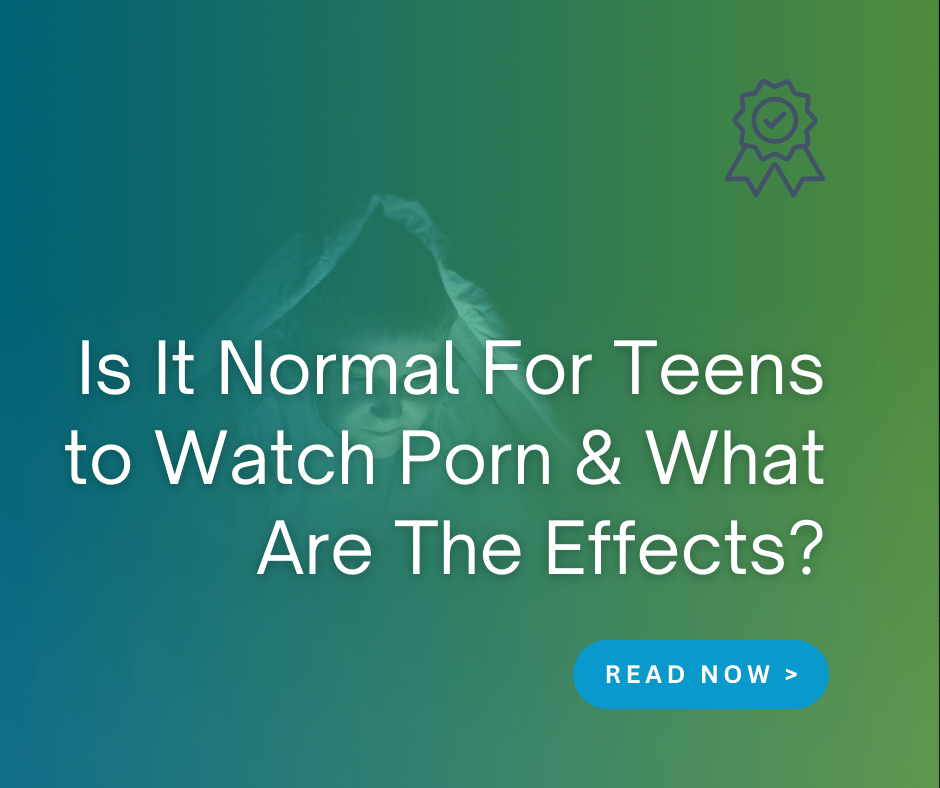You hear all about mindfulness these days. In case you missed the basics, staying mindful means slowing down and paying close attention to this present moment, without judgment. Deep breathing, meditation, walking, and yoga are all mindfulness practices that promote positive wellbeing and mental health. While especially beneficial to those struggling with mental health and addiction issues, the benefits of mindfulness apply to all.
The coronavirus pandemic means teens need mental health resources now more than ever. Most schools have been closed to in-person classes for almost a year. Quarantine and shelter-in-place orders have kept many adolescents inside. They’ve been at home, with restricted access to friends, sports, socializing, and extracurricular activities. All these factors have led to an increase in depression, anxiety, drug use, and suicidal ideation in adolescents and young adults.
At the same time, people are seeking treatment for these mental health issues. Data shows that in the year 2020, downloads of mindfulness apps skyrocketed. Apparently, people all over the world turned to digital meditation apps to help them manage their stress, stay in control of their emotions, and reduce negativity.
For teens, who turn to screens more than ever these days, mindfulness apps are a particularly good idea.
So, what are some of the best mindfulness apps for adolescents?
And how can a teen find the right one for them?
Mindfulness Apps for Teens: Our Picks
We list and review several popular choices below. Teens can feel free to experiment with these apps. We recommend testing them out, one by one, until they settle on one that works best for their lifestyle and clinical needs.
Headspace
With the slogan “Meditation Made Simple,” Headspace is perfect for beginners or teens who have no prior experience with mindfulness. It has an animated, cartoony aesthetic that feels like a friendly, welcoming embrace. As one of the first mindfulness apps on the market, Headspace has a huge following. It’s been downloaded more than 70 million times and has consistently received high reviews on the app store, making it the most popular meditation app on the market. Calm, listed below, comes in a close second. Headspace was founded by meditation teacher Andy Puddicombe, a British college student-turned-Tibetan monk-turned-app-developer (read a New York Times review of his app here).
Puddicombe’s soothing voice guides most of the meditations on the app, though there’s a female voice option, and several world-class meditation experts lend their voices to the program, too. Headspace sends reminders for teens to complete their daily meditation, keeps track of users meditation frequency and duration, and also allows users to team up with friends to help keep each other on track. Recently, Headspace teamed up with Netflix to produce an animated show narrated by Puddicombe. The app is free to try but requires a paid subscription.
Calm
Calm is the second-most-popular meditation app on the market. It provides a wealth of options, with a focus on personalization. For example, teens can choose from more than 20 peaceful audiovisual nature-scapes (such as a rippling mountain lake, rain dripping down from leaves, a crackling fire, tropical sunset, rushing waterfall, etc.). There are also countless soothing music options and multi-day courses for specific issues, such as “Confidence,” “Panic SOS,” “Performance Anxiety,” and “Easing Depression.”
Calm also features Sound Baths, a Breathe Bubble that guides you in deep breathing, and Sleep Stories, which are narrated bedtime stories to help teens (and adults) fall asleep. For adolescents who don’t get adequate sleep due to anxiety, stress, excessive schoolwork, and/or screen time, this bedtime relaxation feature may be especially beneficial. Teens can also choose from their favorite celebrities – such as LeBron James and Harry Styles – to lull them to sleep. Calm requires a paid subscription, though you can try it for free for seven days without commitment.
My.Life (formerly known as Stop, Breathe & Think)
Designed for teens and young adults, this app is perfect for improving self-awareness in adolescents. It touts itself as “the emotional wellness platform for the under 25 generation,” and its hand-drawn, doodly aesthetic reflects that. Upon sign-in, users complete a detailed check-in that helps identify five emotions they feel that day. The app is perfect for adolescents who want to feel that they’re getting a custom-made meditation tailored especially to their current mood or state of mind.
There are dozens of different emotion options. It has everything from “appreciative” and “content” to “lonely,” “clingy,” and “panicked.” In addition to selecting how they feel emotionally/mentally/psychologically, teens also share how they’re doing physically. The app processes their responses and comes up with a list of recommended mindfulness exercises targeted to their current situation. Suggestions aren’t always just meditations. They might include a deep breathing exercise, a yoga pose, a mindful walk, an aerobic workout, or a recommendation to Surf the Urge, which is an exercise found in dialectical behavior therapy.
Teens can also skip right to the master list of all meditations if they want a specific or favorite choice. Curated meditations include Athletic Prep, Black Mental Wellness, Body Positive, Calm COVID-19 Anxiety, For ADHD, and many more. Calms also has a useful, simple analytics feature that shows users which emotions they report feeling most often, based on previous responses. MyLife was Apple’s App of the Day in 2020. While much of the content on this app is free, some of it requires payment.
Smiling Mind
Smiling Mind is a nonprofit organization in Australia, led by psychologists and educators dedicated to improving teen mental health. They designed a free, no-strings-attached mindfulness program and mobile application especially for adolescents, though it includes meditation exercises for every age and stage of life. The app features reassuring voices- think soothing Aussie accents – and offers hundreds of meditations of various lengths. Most sessions last 5-7 minutes. The simplest are as short as a minute, while some last close to 40 minutes.
Teens with anxiety will benefit from the guided meditations for specific activities, such as eating, studying, taking public transportation, and getting on a flight. Are you a teen transitioning to high school? Preparing to apply for college? Returning to school after COVID? There’s a meditation session for each of those scenarios. Teens can set up meditation reminders through the app, track progress, and download specific meditations to use offline on-demand. Since Smiling Minds is a nonprofit, their app is free.
Insight Timer
Anyone interested in spending time at a meditation retreat à la Elizabeth Gilbert in Eat, Pray, Love will appreciate this app. Insight Timer provides an authentic meditation experience. Users can choose their preferred meditation duration, set starting and ending bells, and personalize the experience with soothing ambient sounds. At the end of a timed session, the app invites users to reflect in a digital journal. This app is perfect for self-motivated teens who have some level of experience with meditation, who like taking things at their own pace, or prefer a more DIY meditation experience than other meditation apps offer. Some teens report they also use the app to help them concentrate on schoolwork.
In a unique feature, Insight Timer shows users how many people around the world are currently meditating and lets them join live meditation events, where they join others in meditating virtually, in real time, through the guidance of a live mindfulness teacher. Users can hop in and out of these events seamlessly. Most of the content on the app is free, though some require payment. The meditation library is extensive: there are nearly 70,000 guided meditations and talks led by thousands of expert teachers.
Three Good Things
Three Good Things is a free mindfulness app rather than a meditation app. Its founder, Asher Dale, initially conceived of the idea after learning about the research behind positive psychology and gratitude journaling. Evidence shows that writing down three things you’re grateful for every day makes people happier and healthier. Focusing on the positive increases wellbeing and reduces depressive symptoms. And the effects last for months on end, even if the gratitude journaling lasts for only a few weeks. In essence, Three Good Things is a digital gratitude journal that helps users count their blessings.
Three a day, to be exact, as the research shows three is the magic number.
There are no bells, whistles, or extra functions on this app. Just the simple question “What went well today?” Each response is limited to 100 characters maximum to make responding easy, quick, and pressure-free. The goal is for gratitude to become a consistent habit. Since the app saves daily answers, teens can go back and see all their happy moments over time. The app encourages users to keep recording their “three good things” by tracking and rewarding long streaks. Users can also go back to jot down the previous day’s responses if they accidentally miss a day. Did we mention this app – like gratitude – is completely free?
Mindfulness for Mental Health and Substance Use Disorders
Whether it’s due to COVID, schoolwork, anxiety, depression, stress, anger, or a combination of issues, teens with mental health or substance use issues often feel their emotions are out of control. They find it impossible to calm down or regulate themselves. In turn, they may find themselves engaging in behaviors that are dangerous and/or unhealthy. That’s where mindfulness and meditation practices come in. Being aware of the present moment, nonjudgmentally, is the first step toward improving emotional dysregulation.
At Evolve Treatment Centers, we incorporate mindfulness practices at our residential treatment centers, partial hospitalization programs, and intensive outpatient programs for teens. Mindfulness is a core component of dialectical behavior therapy (DBT) and mindfulness-based cognitive therapy (MBCBT) – two evidence-based practices that we regularly use in our work with adolescents. When teens experience negative thoughts or upsetting emotions, we teach them to observe and identify these feelings and interrupt the automatic thought loops that often accompany them. They can then decide to respond in a productive, life-affirming way instead of returning to negative, habitual, life-interrupting patterns of thought and emotion. Over time, these mindfulness-based responses can become natural – and help them manage their emotions in a healthy and efficient manner.












